A survey by VTC News in many localities shows that the price of live pigs at farms and wholesale markets ranges from 47,000 - 50,000 VND/kg. Specifically, in the largest pig farming "capital" in the North, Ngoc Lu commune, Binh Luc district, Ha Nam province, the price of live pigs sold at the farm is 47,000 VND/kg for grade 1 and 46,000 VND for grade 2 and below.
Not only in Ha Nam, but also in the provinces of Nam Dinh , Ninh Binh, Thanh Hoa, Ha Tinh, Lam Dong, Vung Tau... the price of live pigs is also only traded at this price.
Responding to VTC News about the cause of the above situation, Mr. Duong Tat Thang, Director of the Department of Animal Husbandry ( Ministry of Agriculture and Rural Development ) said that the low price of live pigs is not due to excess supply but the main reason is the global economic recession leading to a sharp decrease in demand for pork. Along with that, the number of workers and laborers losing their jobs, reducing their income leads to limited collective kitchens, so pork consumption has decreased significantly.
“ In Vietnam, there are currently about 27-28 million pigs per 100 million people, which is not too much compared to consumption demand. However, in recent times, purchasing power has decreased due to economic recession, people have reduced spending not only in Vietnam but also around the world, which has negatively affected pork consumption, ” said Mr. Thang.
Pig prices are falling, and fewer and fewer traders are coming to buy.
Giving an example of the sharp decline in the price of live pigs in some countries around the world, Mr. Thang said that in China, the price of live pigs has decreased from 86,000 VND/kg to 54,000 VND/kg over the past month, while in the US, Mexico, and Brazil, the price has decreased from 43,000 VND to 31,500 VND/kg.
Mr. Thang said that with the price of live pigs at 47,000 - 49,000 VND/kg, small-scale farmers will certainly suffer losses, while closed farms will have insignificant profits. However, because this is an economic sector, we must accept dependence on prices and market rules.
Agreeing with the above view, economic expert Associate Professor - Dr. Ngo Tri Long, former Director of the Institute for Price Market Research (Ministry of Finance), said that the current low price of live pigs is due to the law of supply and demand. Workers have lost their jobs and have reduced their income, so they have cut their spending by switching to other types of food that are cheaper.
According to Mr. Long's calculation, with the current low price of live pigs, each pig weighing about 140kg will cause small-scale farmers to lose 500,000 - 700,000 VND. It is worth mentioning that although the price of live pigs is low, the price of pork at supermarkets and traditional markets is still high, averaging from 90,000 - 205,000 VND/kg depending on the type. The eternal reason is that pork has to go through too many intermediaries, so the price is pushed up . "It is necessary to review the organization and cut down on intermediaries to reduce disadvantages for farmers and consumers," said Mr. Long.
Pig prices have decreased, but due to many intermediaries, pork prices are still very high.
Risk of shortage crisis, price spike
With the price of live pigs falling, farmers are not interested in restocking their herds. Experts warn that the risk of a shortage crisis and a sudden increase in live pig prices from around August to the end of 2023 is very likely.
Expert Ngo Tri Long said that because of prolonged losses leading to capital shortages, farmers will not be able to restore their herds. This will lead to a risk of a pig shortage crisis from August to the end of the year, leading to an inevitable spike in pig prices. Therefore, functional agencies such as the Department of Agriculture, the Department of Industry and Trade and local authorities need to find solutions soon.
To stabilize the market, Mr. Long said that authorities need to have solutions to stimulate consumer demand and reduce difficulties for livestock farmers, such as reducing import taxes on raw materials for animal feed and supporting credit loans for livestock farmers to restore their herds.
If there is no timely policy to remove the problem, people will not restore their herds, and the risk of a pork shortage crisis may occur.
On the part of livestock farmers, it is necessary to invest in large-scale farms, apply scientific and technological advances to improve efficiency, limit diseases, and at the same time connect livestock chains from farm to table.
Agreeing with this view, economic expert Dr. Le Dang Doanh, former Director of the Central Institute for Economic Management, confirmed to VTC News that no people or businesses know that production will continue to suffer losses and still continue to do so. Therefore, it is inevitable that livestock farmers will not restock or limit restocking.
“If farmers do not restore their herds, in the next few months, the domestic pork supply will certainly decrease, leading to a pork shortage crisis. This will certainly lead to a sudden increase in the price of live pigs. At that time, we will only have the option of importing pork from China or frozen pork from Russia or India and will be completely dependent on these markets,” Mr. Doanh warned.
Similarly, expert Vu Vinh Phu said: “It is inevitable that livestock farmers do not restore their herds, so prices will increase. That is the law of supply and demand. If there is a shortage, prices will increase, if there is a surplus, prices will decrease. Therefore, to limit the crisis of surplus and shortage, ministries, branches, businesses, and supermarkets must discuss ways to support livestock farmers. The solution is to increase purchasing power, reduce retail meat prices at supermarkets, support livestock farmers to borrow capital, and reduce import taxes on processed animal feed products. We must share with the community so that intermediaries can limit "taking advantage" in order to solve the problem,” said Mr. Phu.
Regarding solutions to support livestock farmers, Mr. Duong Tat Thang, Director of the Department of Livestock Production, said that the Department has reported to the leaders of the Ministry of Agriculture and Rural Development, and is coordinating with localities and functional sectors to strengthen scientific solutions for deep processing, reducing input costs, connecting supply and demand, and boosting production.
“The Department has surveyed and proposed the Ministry of Agriculture and Rural Development to submit to the Government and the Prime Minister a tax reduction to support livestock breeders and livestock businesses, strengthen supply-demand connections, and boost exports to overcome this difficulty,” said Mr. Thang.
PHAM DUY
Useful
Emotion
Creative
Unique
Wrath
Source






![[Photo] Prime Minister Pham Minh Chinh chairs the thematic meeting on law making in August 2025](https://vphoto.vietnam.vn/thumb/1200x675/vietnam/resource/IMAGE/2025/9/4/ba42763cd48e4d7cba3481640b5ae367)
![[Photo] Politburo works with the Standing Committee of the Party Committee of the Fatherland Front and Central organizations](https://vphoto.vietnam.vn/thumb/1200x675/vietnam/resource/IMAGE/2025/9/4/6f23e5c0f576484bb02b3aad08f9d26a)





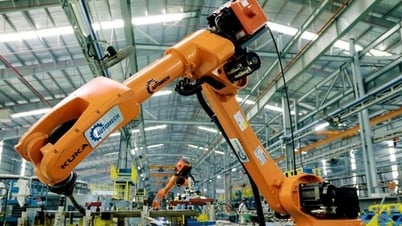


















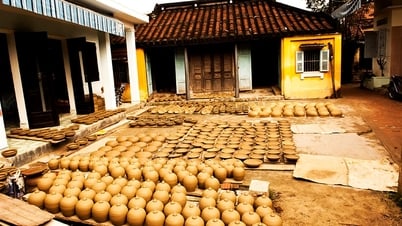















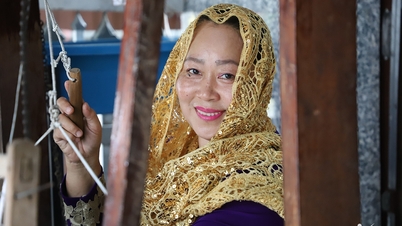







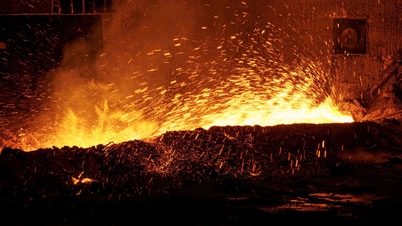









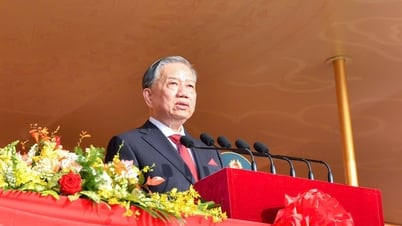
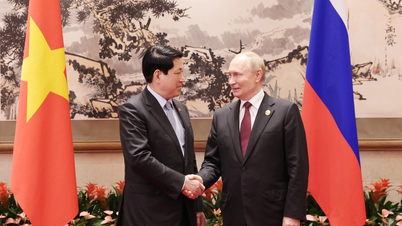

![[Infographic] Tourism in many localities "wins big" on September 2nd](https://vphoto.vietnam.vn/thumb/402x226/vietnam/resource/IMAGE/2025/9/4/f6403b16350841a5a142bde4d882d5c9)





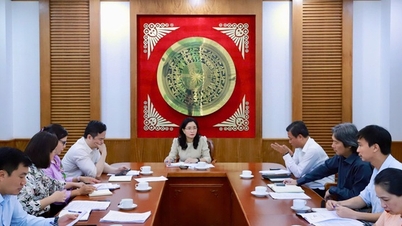












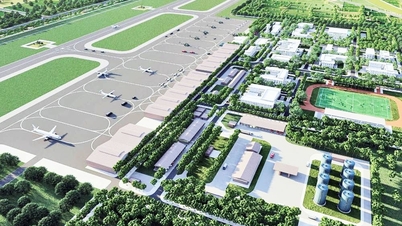

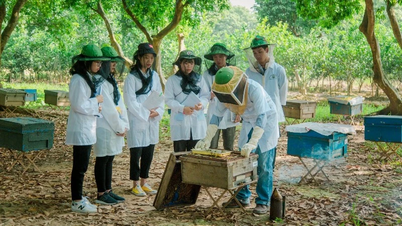


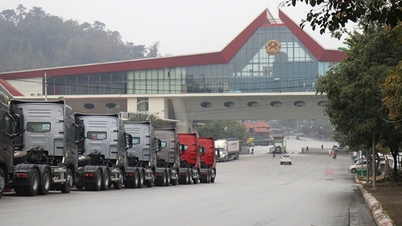









Comment (0)